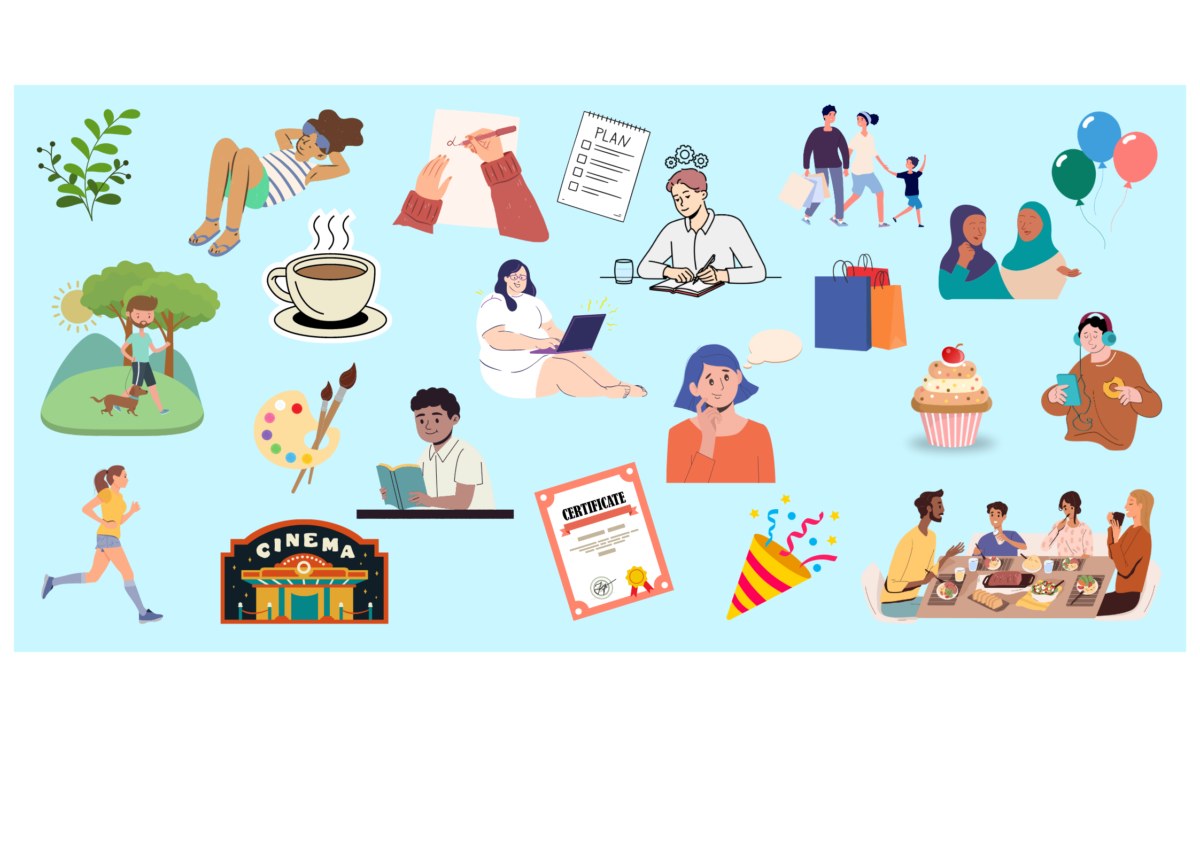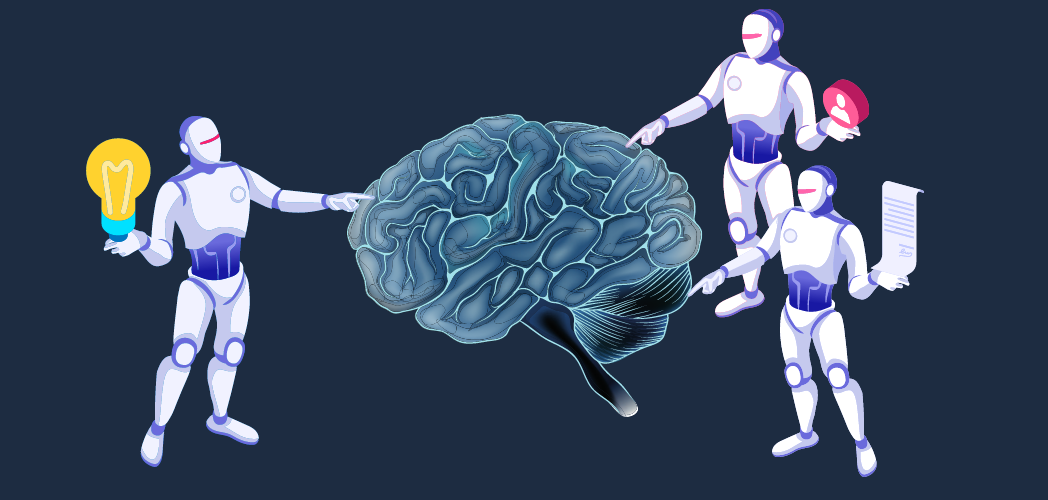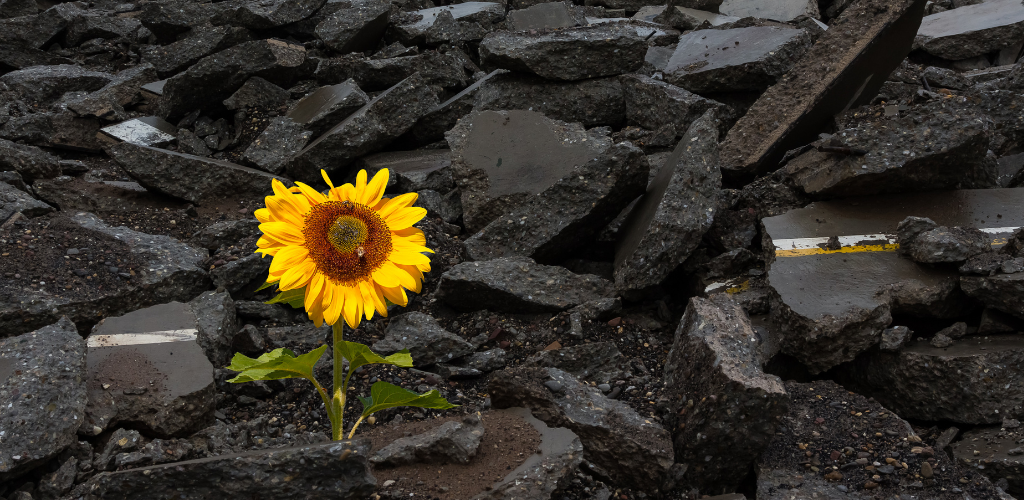Catriona Matthews, Clare Hill, James Openshaw ~ Learning Designers
Here at The Open University, we annually recruit a panel of students called the Curriculum Design Student Panel. Students who volunteer for the panel take part in activities designed to gather their views on learning experiences and this feedback can be used to inform the early development of activities, materials and tools. We also ask panel students a ‘Question of the Month’ in a forum, which is usually a brief question about their study experience.
Recently, we asked panel students to tell us how they celebrate their achievements, big and small. Whilst a seemingly light-hearted question, it led to some useful insights about the student experience. There was a lively discussion in the forum with panel students sharing what they considered to be celebratory study events and telling us how celebrating is beneficial to their study. It even led to some panel students vowing to start celebrating or to celebrate more, so the discussion had an immediate positive effect on those involved.




